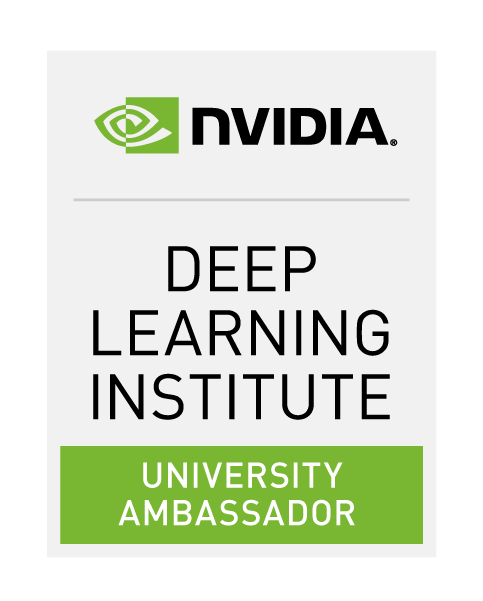Annotation
Using machine or deep learning to predict specific imminent events can be useful for many applications, like predicting the failure of a hard disk or unexpected downtime of a compute node. Such events can be considered anomalies that occur unexpectedly and rarely. Hence, it is a challenge to train machine and deep learning models for these due to lack of appropriate training data.
This course covers three different methods, using XGBoost, Long Short-Term Memory (LSTM), and Autoencoders. For each, detailed hands-on exercises are provided to learn how to use these methods and how to select and pre-process training data for them.
In this workshop, attendees will learn how to:
- Use AI-based predictive maintenance to prevent failures and unplanned downtimes.
- Identify key challenges around detecting anomalies that can lead to costly breakdowns.
- Use time-series data to predict outcomes with XGBoost-based machine learning classification models.
- Use an LSTM-based model to predict equipment failure.
- Use anomaly detection with time-series autoencoders to predict failures when limited failure-example data is available.
This training will be held ONLINE and will NOT be recorded.
Level
beginner
Language
English
Prerequisites
Experience with programming in Python and basic experience in training deep neural networks.
NVIDIA developer account is needed prior to the event. Please see the section "Practicalities" below.
Tutor
Georg Zitzlsberger is a research specialist for Machine and Deep Learning at IT4Innovations. For over four years he has been certified by NVIDIA as a University Ambassador of the NVIDIA Deep Learning Institute (DLI) program. This certification allows him to offer NVIDIA DLI courses to users of IT4Innovations' HPC services. In addition, in collaboration with Bayncore, he was a trainer for Intel HPC and AI workshops and conferences carried out across Europe. He has been contributing to these events, which are held for audiences from industry and academia, for five years. Recently, he also received instructor certifications from Intel for oneAPI related courses.

Acknowledgments

This project has received funding from the European High-Performance Computing Joint Undertaking (JU) under grant agreement No 101101903. The JU receives support from the Digital Europe Programme and Germany, Bulgaria, Austria, Croatia, Cyprus, Czech Republic, Denmark, Estonia, Finland, Greece, Hungary, Ireland, Italy, Lithuania, Latvia, Poland, Portugal, Romania, Slovenia, Spain, Sweden, France, Netherlands, Belgium, Luxembourg, Slovakia, Norway, Türkiye, Republic of North Macedonia, Iceland, Montenegro, Serbia. This project has received funding from the Ministry of Education, Youth and Sports of the Czech Republic.


This course was supported by the Ministry of Education, Youth and Sports of the Czech Republic through the e-INFRA CZ (ID:90254).
All presentations and educational materials of this course are provided under the Creative Commons Attribution-ShareAlike 4.0 International (CC BY-SA 4.0) license.
![[ONLINE] Applications of AI for Predictive Maintenance (EuroCC)](/event/158/logo-3264908871.png)

